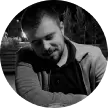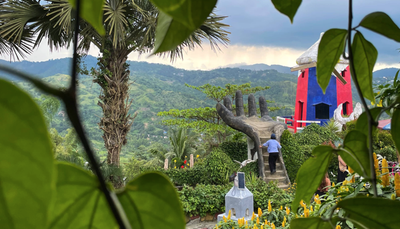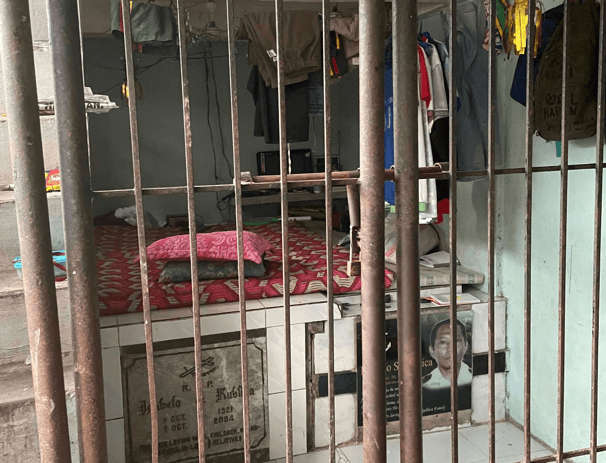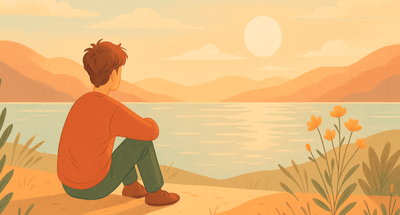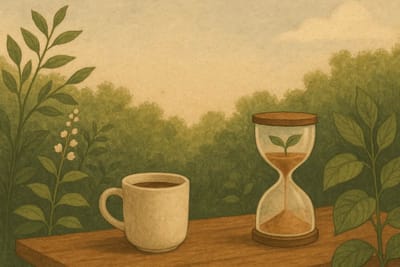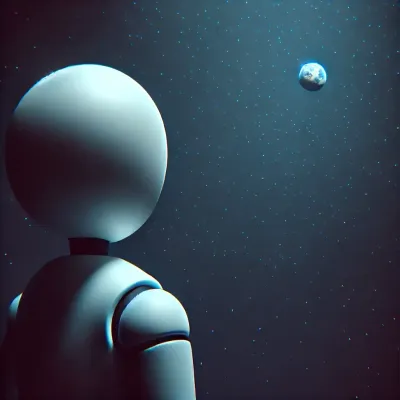Less is More: Digital Minimalism
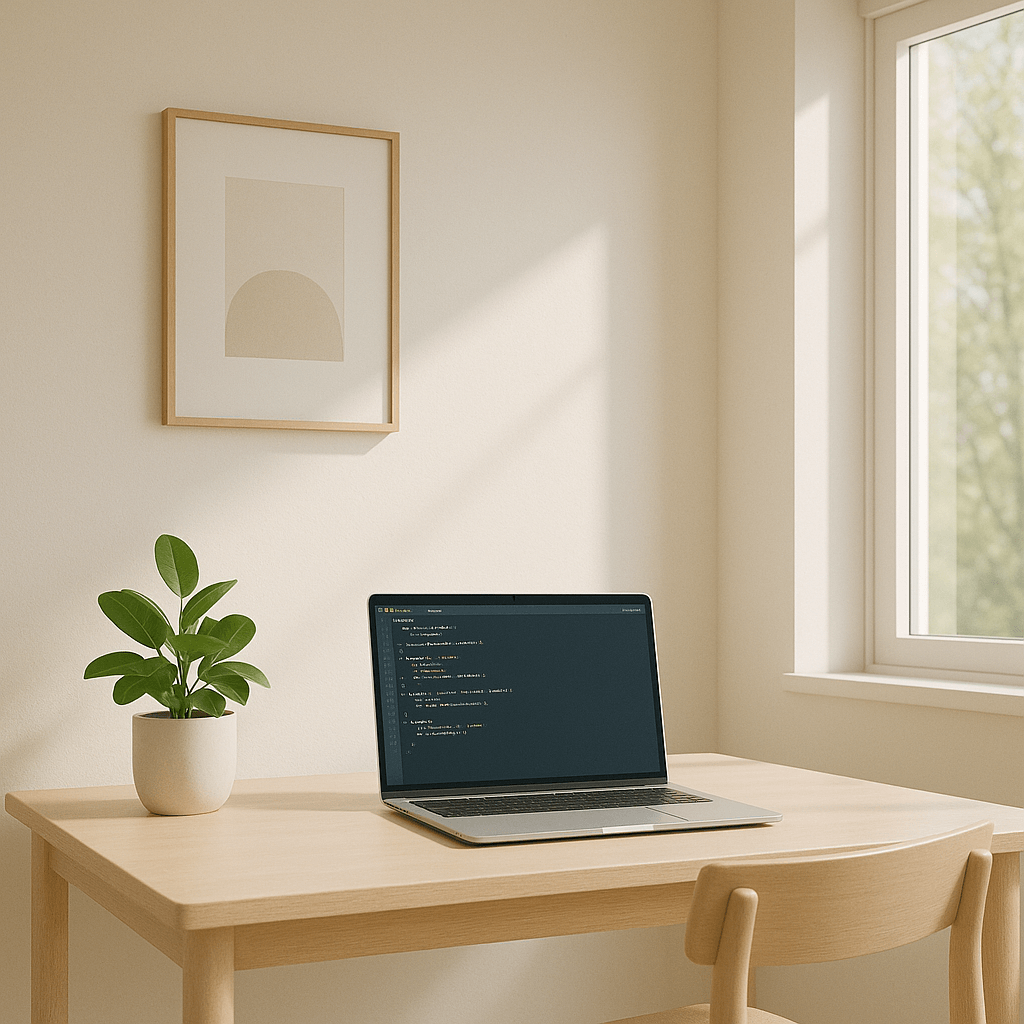
Less is more.. ✨
Actually, I remind myself this sentence very often. While coding, shopping, and even making everyday decisions. But to be honest, it’s not always easy to apply.
Minimalism isn't just one simple idea. Sometimes it can be a habit, sometimes a conscious choice, and sometimes it's just a need that life forces on us. Minimalism has many different faces.
👕 For example, having fewer clothes in your wardrobe makes the question "What should I wear?" easy in the mornings. (Actually, when everything is plain and black, everything becomes super easy. 😅) But reducing stuff at home can be much harder. The biggest challenge for me is technologic devices. 🤖 Even when I don't need it, sometimes I want to buy the same product in different models or different colors. I admit; this is a little selfish and means unnecessary consumption. But minimalism doesn't have to be the same for everyone. Mine sometimes mixes with technology things, but overall, I can still keep things simple and tidy. It's okay to stay in the grey areas of minimalism.
Mental Minimalism in the Digital Age ▶️ ✉️ 📰 🎮
Reducing physical stuff can be easy, but doing this in the digital world is much harder. We are constantly bombarded by content from social media, emails, news, and videos/reels. Articles waiting to be read, videos to watch, and lots of content piling up in lists...
Especially, I have tons of saved items in Raindrop and Notes apps. Actually, these just wait there to be read, and mostly I never return to them. Over time, this digital clutter starts draining our energy and our ability to focus. It's important to choose and follow content that really adds value, instead of getting lost in endless streams. Before consuming something, we can ask ourselves: Does this information make my life better? Does it really help me?
That's why I started asking myself this question: "Do I actually need this?"
Over time, I began to reduce the content I follow. I unfollowed repetitive, low-quality content or things that didn't add any value to me. Especially, I moved away from shallow content created by artificial intelligence. Reducing digital clutter actually made me feel good.
Digital Minimalism from a Developer's Perspective 👨💻 👩💻
Minimalism in software isn't just about writing less code or designing simple interfaces. It also means writing clearer code, keeping functions simple, reducing unnecessary dependencies, and questioning if new features are really necessary. Actually, a minimalist approach helps reduce technical debt and maintenance costs, which is good in the long run.
Actually, every developer needs to be a bit minimalist when writing code.
But honestly, when it comes to developer tools and new technologies, I easily get distracted. While jumping between new editors, frameworks, and artificial intelligence tools, trying to learn everything makes me feel not enough and behind. The rapidly changing nature of the software world puts pressure on developers. So, before diving into a new technology or trend, I try to question if it will really add value to my projects or career.
In code and in life, we should keep what's necessary and delete the rest. Minimalism actually means making choices. It means accepting that we can't have or do everything. Sometimes we should say "NO" and ask ourselves a simple question: "Do I really need this?"
Books That Inspired Me 📚
Here are some books that guided me on my minimalism journey:
- Fumio Sasaki – Goodbye, Things: The New Japanese Minimalism
- Marie Kondo – The Life-Changing Magic of Tidying Up: The Japanese Art of Decluttering and Organizing
- Courtney Carver – Soulful Simplicity: How Living with Less Can Lead to So Much More
- Joshua Fields Millburn & Ryan Nicodemus – Minimalism: Live a Meaningful Life and Everything That Remains
Especially Sasaki's approach is close to me. Minimalism isn't a goal, but a continuous process. It's important to re-evaluate and remember what's actually important each time.
Do I really need this? 🤔
No spam, no sharing to third party. Only you and me.
